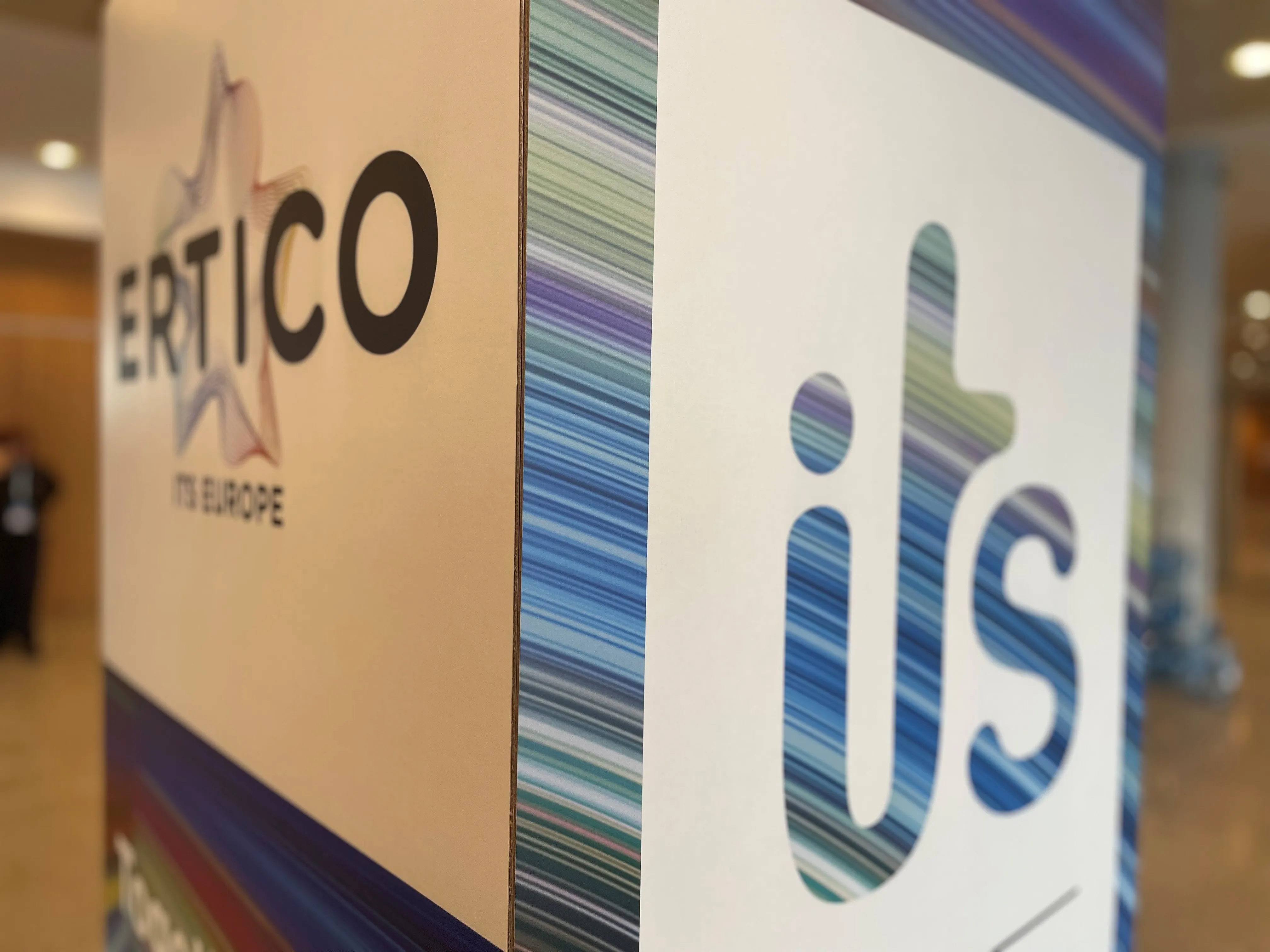In an effort to solve traffic congestion problems in the city of Jakarta, the intelligent transport system (ITS) owned by Jakarta Transportation Department will be integrated with the traffic management centre (TMC) owned by Jakarta City Police. Jakarta vice-governor, Basuki T Purnama said Jakarta Transportation Department ITS and Jakarta City Police TMC will be connected in a bid to find an effective solution to overcome traffic congestion. "We will link both systems using fibre optic cables," said Basuki.
January 11, 2013
Read time: 2 mins
In an effort to solve traffic congestion problems in the city of Jakarta, the intelligent transport system (ITS) owned by Jakarta Transportation Department will be integrated with the traffic management centre (TMC) owned by Jakarta City Police.
Jakarta vice-governor, Basuki T Purnama said Jakarta Transportation Department ITS and Jakarta City Police TMC will be connected in a bid to find an effective solution to overcome traffic congestion. "We will link both systems using fibre optic cables," said Basuki.
Jakarta City police traffic director, commissioner Chryshnanda Dwi Laksana stated that traffic congestion in Jakarta cannot be resolved by diverse systems. "We will integrate Jakarta City Police and Jakarta Transportation Department to find the best solution," he said.
He noted that traffic congestion in Jakarta must be resolved by building the infrastructure, calculating vehicle growth, and managing drivers who violate the rules. "This problem is very complex, so it cannot be done alone," he added.
Head of Jakarta transportation department, Udar Pristono said there are seventy traffic congestion points that must be constantly monitored. By integrating the two systems, traffic camera recordings could be shared. "We could trade data," he concluded.
Jakarta vice-governor, Basuki T Purnama said Jakarta Transportation Department ITS and Jakarta City Police TMC will be connected in a bid to find an effective solution to overcome traffic congestion. "We will link both systems using fibre optic cables," said Basuki.
Jakarta City police traffic director, commissioner Chryshnanda Dwi Laksana stated that traffic congestion in Jakarta cannot be resolved by diverse systems. "We will integrate Jakarta City Police and Jakarta Transportation Department to find the best solution," he said.
He noted that traffic congestion in Jakarta must be resolved by building the infrastructure, calculating vehicle growth, and managing drivers who violate the rules. "This problem is very complex, so it cannot be done alone," he added.
Head of Jakarta transportation department, Udar Pristono said there are seventy traffic congestion points that must be constantly monitored. By integrating the two systems, traffic camera recordings could be shared. "We could trade data," he concluded.










